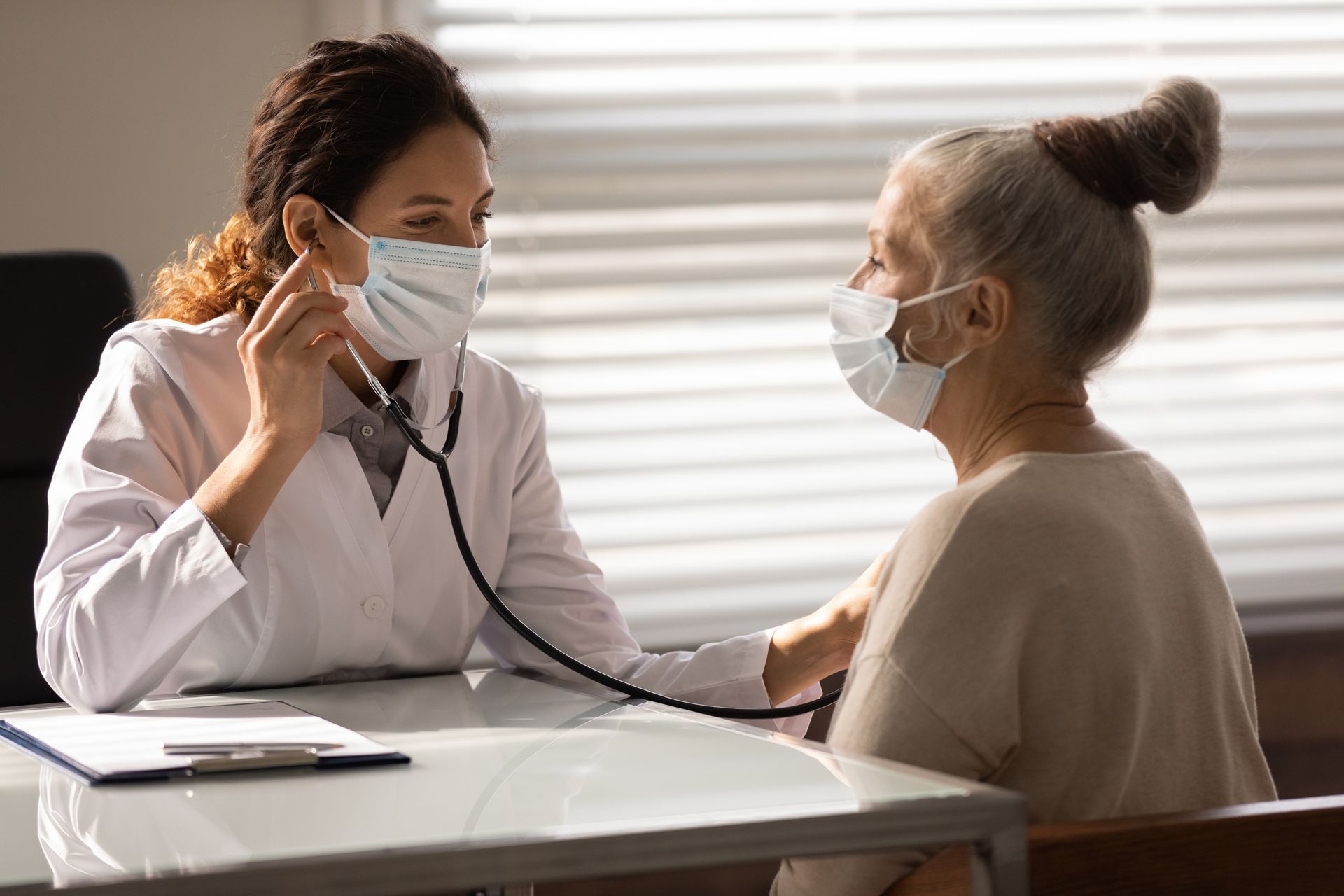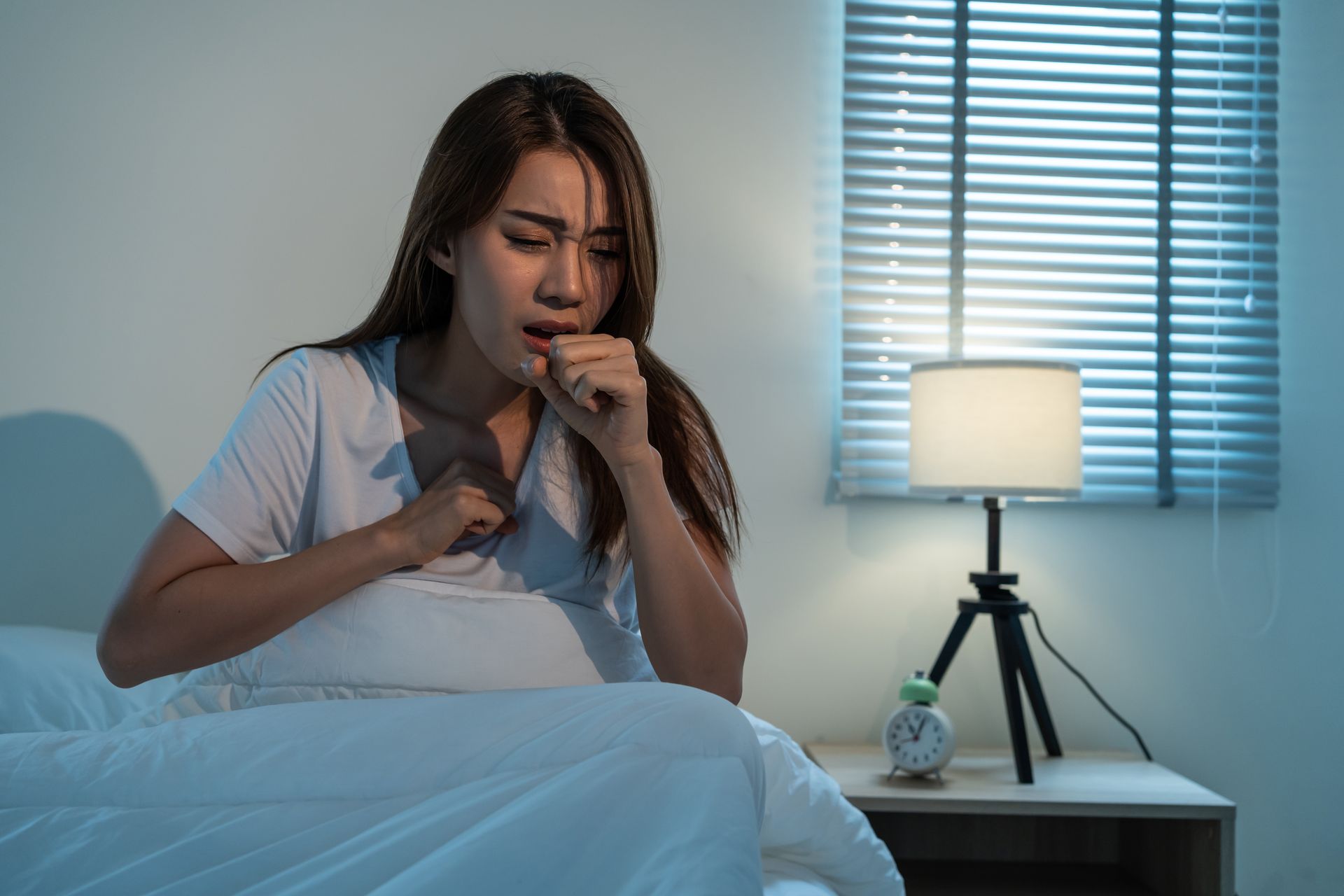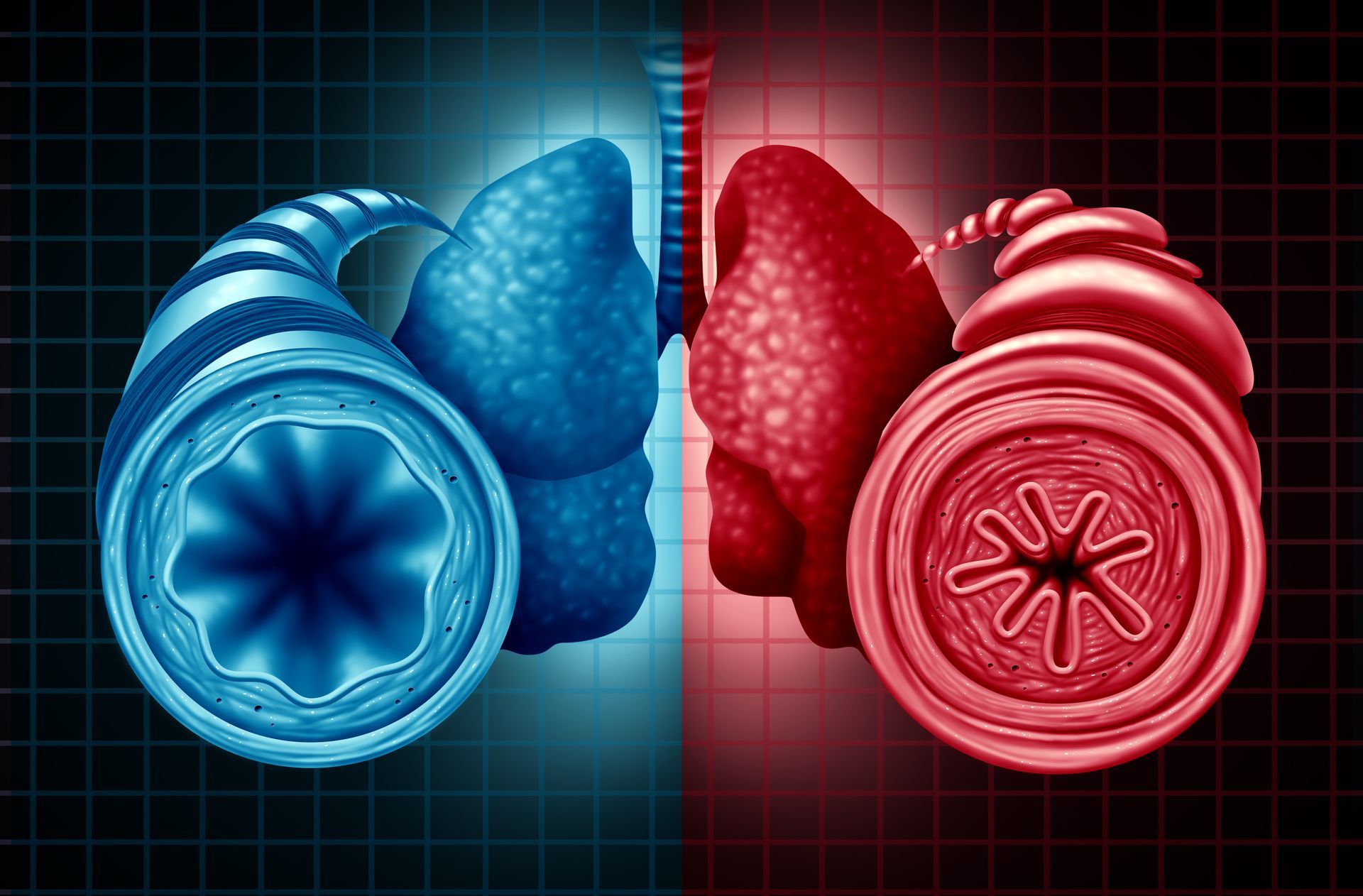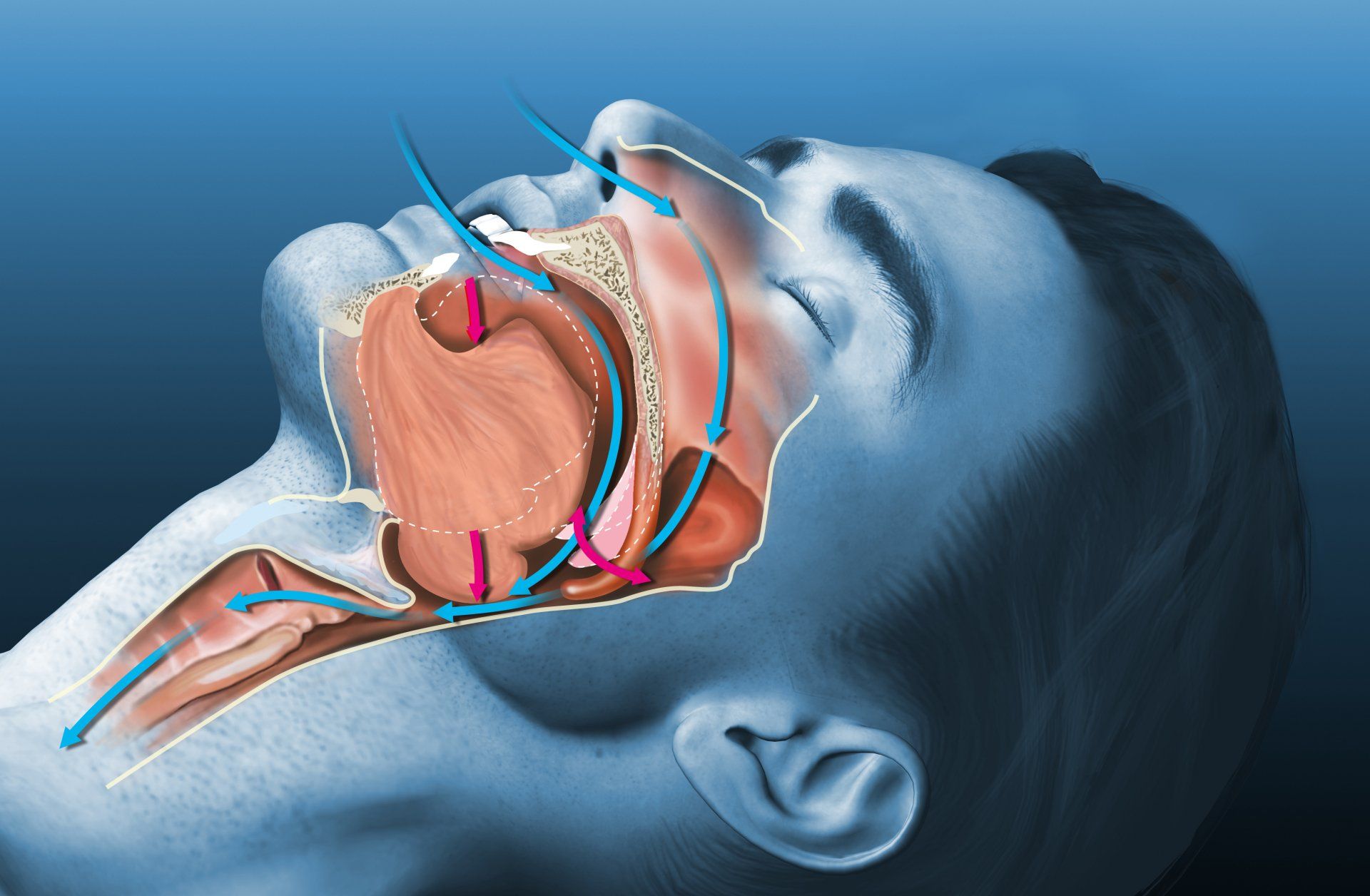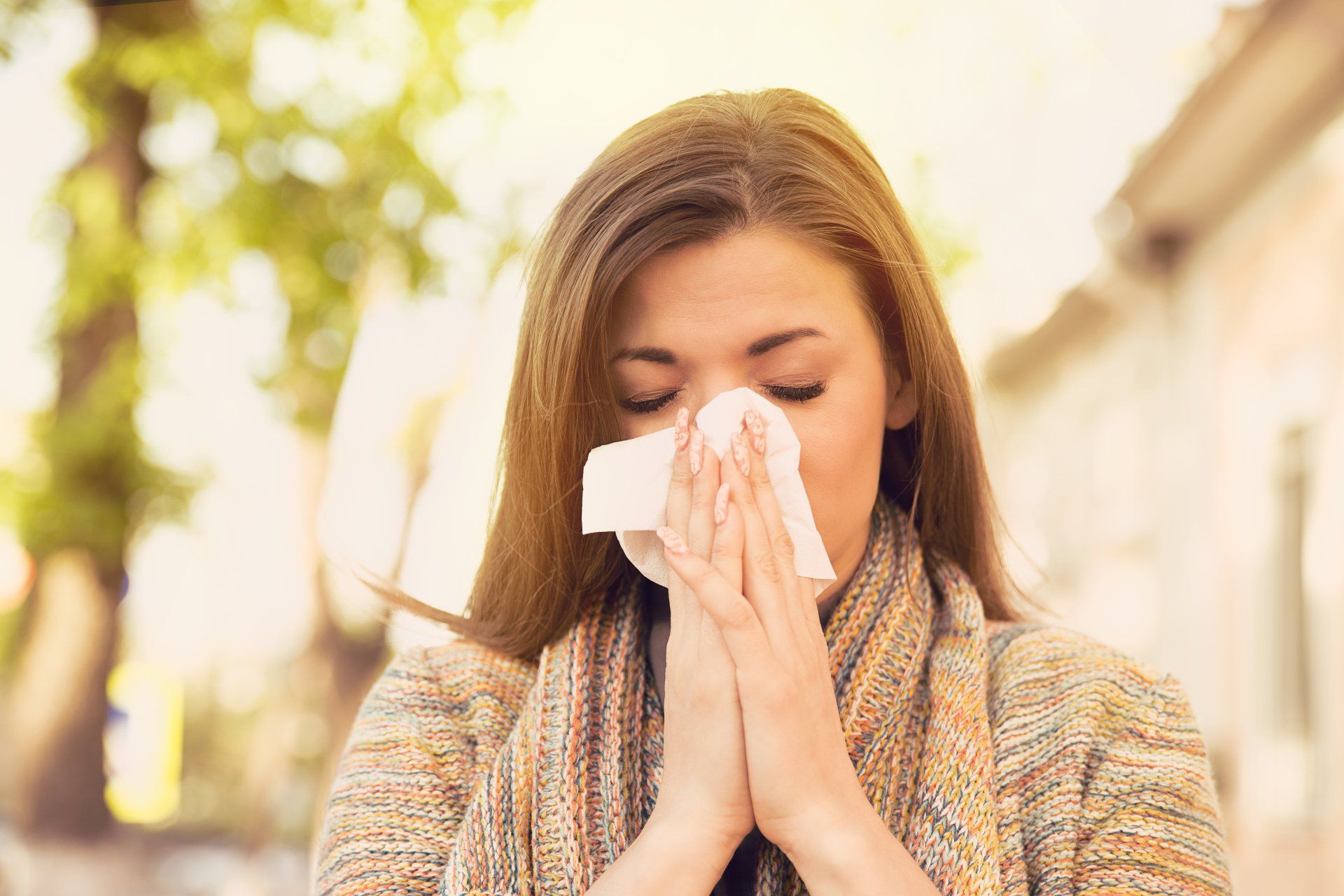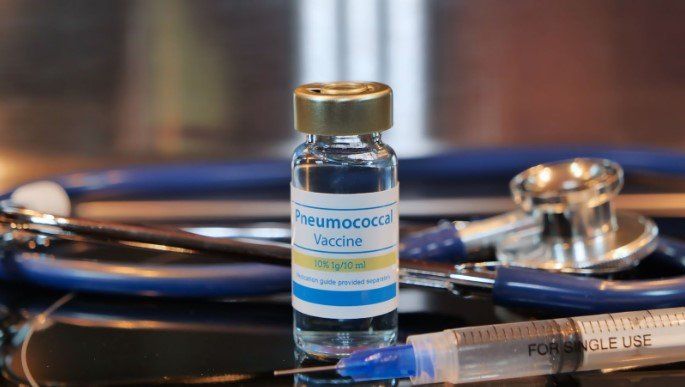Persistent Cough Post Covid-19: Services And Treatments Available In Singapore
Persistent coughs can affect both the person experiencing it and those around them. With Covid infection still being a significant national health problem, persistent coughs can be worrying and socially awkward in public as there's still the fear of it being contagious.
Due to the nature of SARS-CoV-2 (Covid-19), which is a virus that affects the respiratory system the most, persistent coughs may continue for an extended period. Here is why these coughs persist even after you are tested negative for Covid-19.
Why Coughing Could Persist After Covid-19
Coughing is a form of protective mechanism for our body. It is a way our body gets rid of unwanted irritants like viruses, dust, and mucus
A reflex will be triggered to clear the irritant away from our airways, causing us to cough. The four main reasons that cause a cough to persist are:
- inflamed upper airways
- affected lungs and lower airways
- inflammation in neural pathways
- scarred lung tissue (interstitial lung disease)
Inflammation happens because our immune system is trying to get rid of viruses like Covid from our body. Inflammation can last for an extended period even after you are tested negative and the virus is gone.
Persistent cough and other long Covid symptoms affect many patients who have been infected by the virus. Even those who experienced milder symptoms when they were unwell with Covid-19, according to research, could also experience post-Covid symptoms, including coughs.
Would These Persistent Coughs Still Be Contagious ?
The duration of the infectious period of Covid-19 varies and relies on many reasons, such as:
● the severity of infection
● intensity of exposure
● the person's immune system
Generally, when a person has been infected with Covid, they will be the most infectious between 2 days before symptom onset to about 3-7 days after symptom onset.
Many doctors recommend using rapid antigen tests to determine if you are still contagious as they pick up on high viral load, compared to PCR tests which are sensitive and can detect non-infectious viruses after infection for up to 90 days. Before the 90 days, your body is still shedding the virus; hence there will still be remnants that can be found. When you have been tested negative using a rapid antigen test, you are no longer contagious.
What Are The Available Services And Treatments For Persistent Cough Post Covid-19
If your cough persists for an extended period, you should talk to a respiratory specialist in Singapore. There are various services and treatments for persistent coughs that affect your daily routine.
Acute coughs that are short-lived generally only require outpatient treatment with the help of over-the-counter medications such as cough syrups. However, chronic coughs that last up to eight weeks or more will require consultations from specialists and treatments.
Respiratory specialists will carry out a thorough examination to better understand the cause of persistent coughs. Those examinations include:
● radiologic imaging (chest X-rays, computerized tomography (CT) scan)
● breathing tests (spirometry, fractional exhaled nitric oxide measurements)
● allergy testing
● blood tests
● electrocardiogram
● echocardiogram
● dynamic exercise testing
Once the results from the examination have been obtained, the respiratory specialist will be able to prescribe appropriate treatments based on the reason for the persistent coughs. Those treatments for the different causes include:
● antihistamines
● steroid nasal sprays
● prescribed inhaled steroids
● inhaled bronchodilators
Effectiveness Of Each Of These Treatments
There are two different causes of persistent coughs that a respiratory specialist will treat, and those causes are:
Post-nasal drip
Antihistamines and steroid nasal sprays will be prescribed if this is the cause of your cough. This treatment will help reduce the swelling and inflammation in your nasal passages.
Asthma
Asthmatics' condition may worsen due to Covid; hence specialists may advise them to continue with their prescribed inhaled steroids and/or bronchodilators. These treatments will help reduce the swelling of airways and improve the flow of breathing by widening the narrowed air passages.
Is your persistent coughs affecting your daily life? Get specialist care at Respiratory Medical Associates
Respiratory Medical Associates is an established specialist group that is recognised as one of Singapore’s leading experts in the diagnosis and treatment of lung, sleep, and allergy disorders. These can range from persistent coughs, spots on the chest X-ray to lung infections such as bronchitis, pneumonia, and tuberculosis.
In addition, we also treat chronic disorders such as asthma, chronic obstructive pulmonary disease (a lung disease caused by smoking), lung fibrosis, obstructive sleep apnoea, as well as food and drug allergy. Enquire now at
https://www.respmed-associates.sg/







